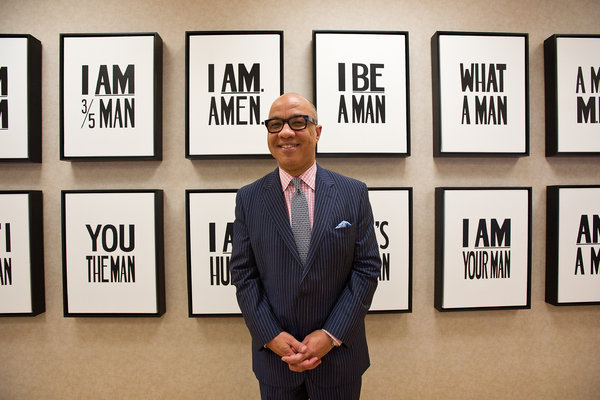
Public television’s WORLD Channel will present the complete Emmy-Award winning Eyes on the Prize I and II starting tonight, January 17, 2016. A 30-minute special feature, Eyes on the Prize: Then and Now, will launch the encore presentation of this historic two-part series and explore its impressive relevance today.
Eyes on the Prize, created by Executive Producer Henry Hampton, is a critically-acclaimed and in-depth documentary series on civil rights in America. With the current national spotlight on issues of race and inequality—as well as the marking of the 50th anniversary of the Voting Rights Act, and the 60th anniversary of the Montgomery Bus Boycott—the time is right for this series about the nation’s civil rights history to be front and center as part of an essential dialogue.
America continues to struggle with the recurring crisis of race-related violence; Eyes on the Prize I and II can provide perspective for a new generation and be a touchstone for citizens who lived through the decades that the films depict. Journalist and writer Al Letson hosts new introductions to each episode.
“We are elated that this landmark series will once again be broadcast across the country, reaching millions of viewers—many of whom may never have seen the original airing. The series focuses on solutions to the conflicts that we face today. Eyes on the Prize shows leadership, grass roots organization and personal sacrifice as the recipe that can create lasting change. It is our hope the television programs together with our comprehensive outreach campaign will spark a national dialogue about this critical topic,” says Judi Hampton, president of Blackside, and sister of the late Henry Hampton (1940-1998).

The WORLD Channel presentation, made possible with support from the Corporation for Public Broadcasting and the Ford Foundation, includes Eyes on the Prize: Then and Now, a new, original 30-minute special, which will lead into the premiere January 17 of Eyes on the Prize, setting the groundbreaking documentary series in the context of today. Narrated by music artist Aloe Blacc, Eyes on the Prize: Then and Now features Eyes on the Prize filmmakers, present-day activists, human rights leaders, and scholars. The special revisits key historical moments and explores commonalities with current national events.
“The WORLD Channel is honored to be presenting this signature series,” says Chris Hastings, Executive Producer of the WORLD Channel. “It’s a history that must be understood. With Eyes on the Prize: Then and Now, we ask questions and draw comparisons about the struggle to achieve equality today. As conflicts and challenges continue, Eyes on the Prize remains essential viewing for all Americans.”
As part of the initiative, WGBH Education is developing a digital resource collection supporting Eyes on the Prize and civil rights themes in history and social studies curricula, to help the civil rights movement come alive for students today. This collection will be available on PBS LearningMedia in January.
Based at WGBH Boston, the national public media producer, WORLD Channel delivers the best of public television’s original documentary films and news to US audiences through local public television stations, including America ReFramed, AfroPop, POV and Local, USA. The special Eyes on the Prize presentation also will be made available to all public television stations for local broadcasts (check listings) after the WORLD premiere.
EYES ON THE PRIZE I and II
Almost three decades since its premiere, the groundbreaking series Eyes on the Prize I and II will return to PBS this January. Eyes on the Prize I will premiere on The WORLD Channel six consecutive Sundays – January 17, 24, 31 and February 7, 14, 21 at 9:00 p.m. (EST). Eyes on the Prize II will air eight consecutive Sundays—February 28, March 6, 13, 20, 27, and April 3, 10, 17 at 9:00 p.m. (EST).
Produced by Blackside, Eyes on the Prize tells the definitive story of the Civil Rights era from the point of view of the ordinary men and women whose extraordinary actions launched a movement that changed the fabric of American life and embodied a struggle whose reverberations continue to be felt today. This multi-part Academy Award nominated documentary is the winner of numerous Emmy Awards, a George Foster Peabody Award, an International Documentary Association Award, and a Television Critics Association Award.
Through contemporary interviews and historical footage, Eyes on the Prize I and II, traces the civil rights movement from the Montgomery bus boycott to the Voting Rights Act; from early acts of individual courage through the flowering of a mass movement and its eventual split into factions. The late Julian Bond, political leader and civil rights activist, narrates. Descriptions of each episode follow below:
Like this:
Like Loading...













